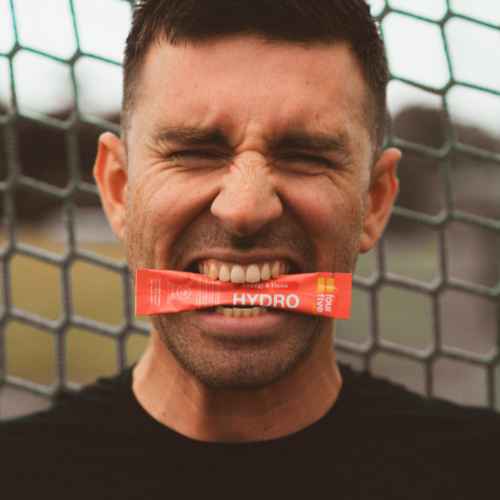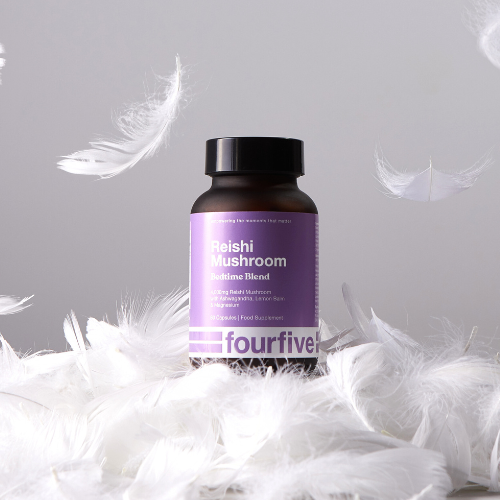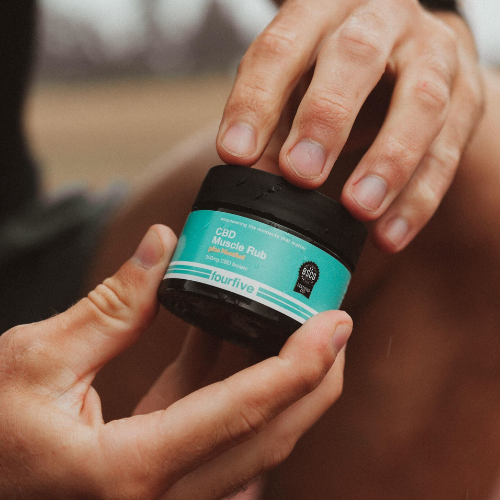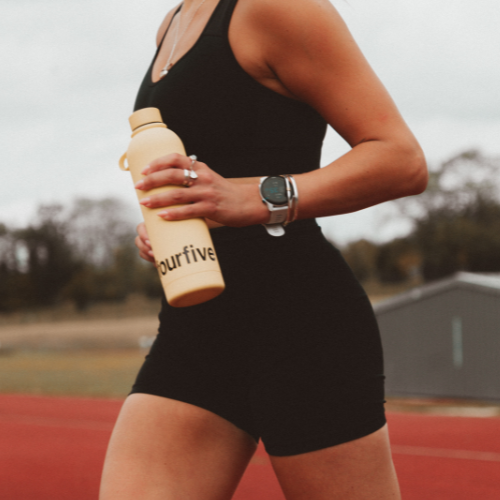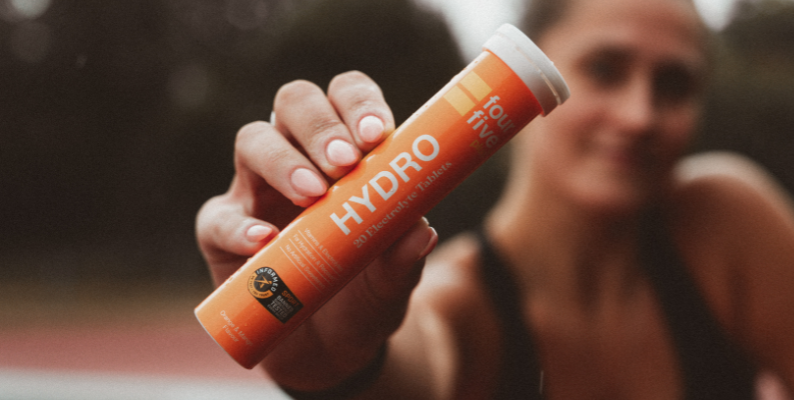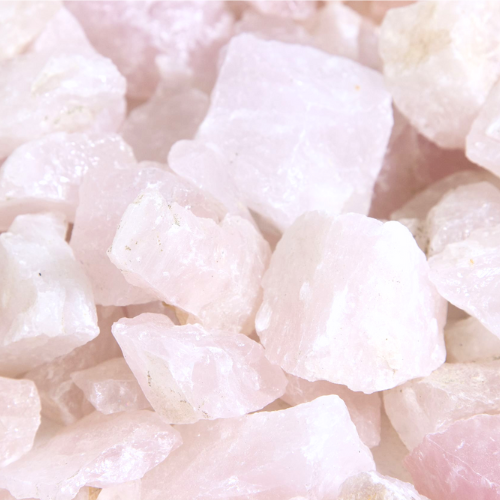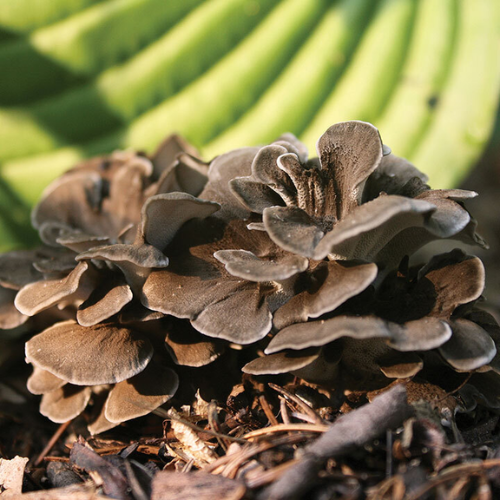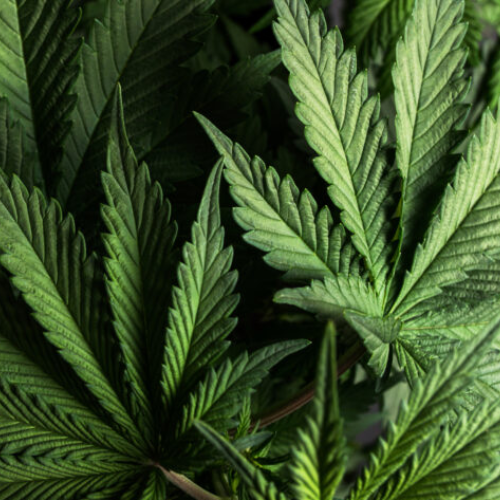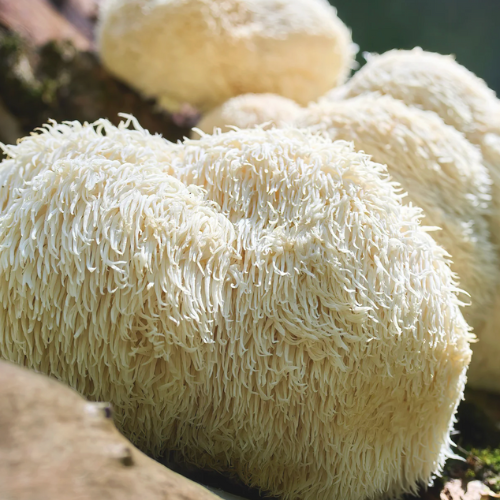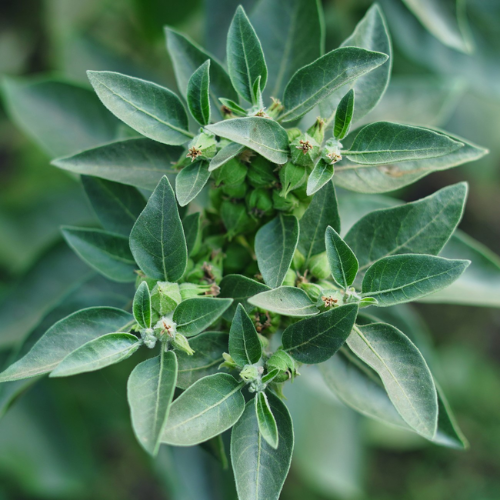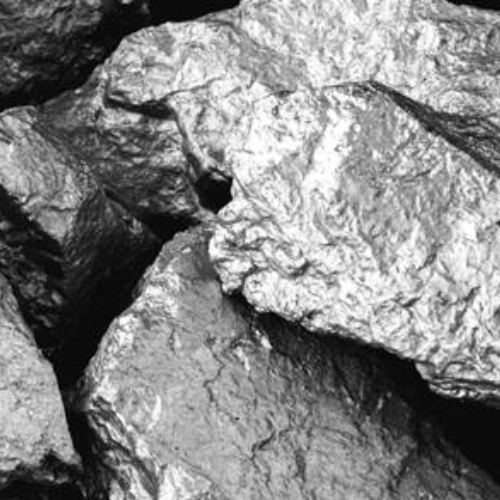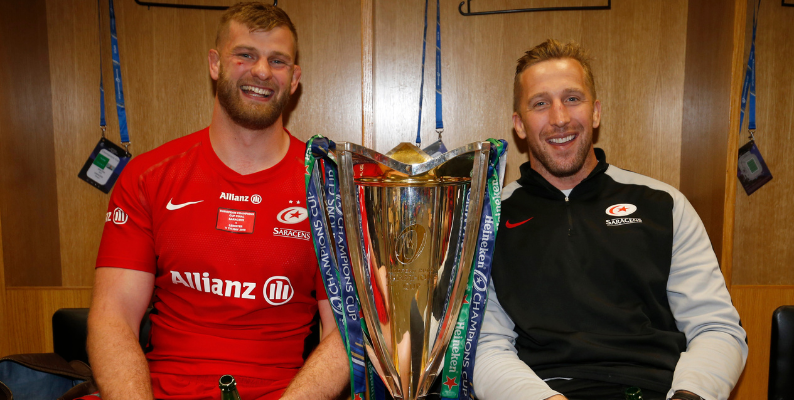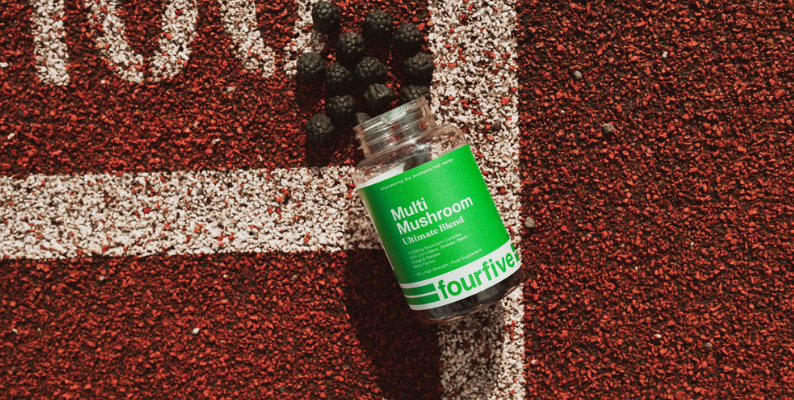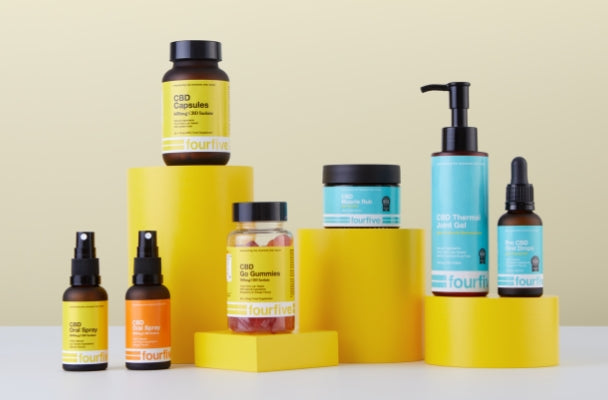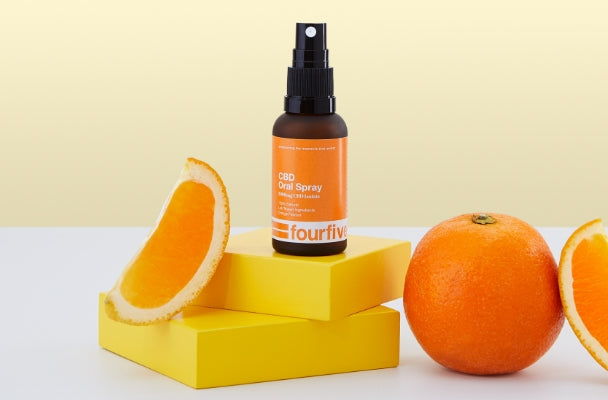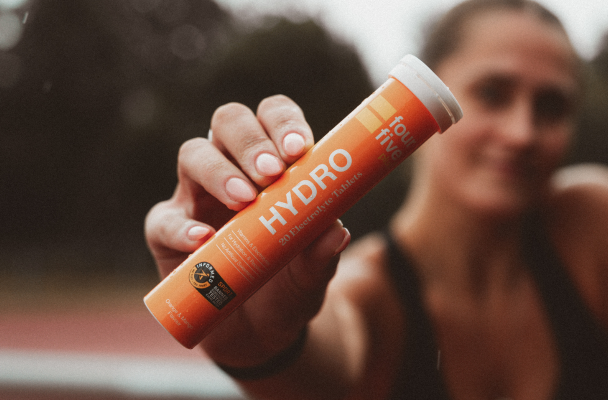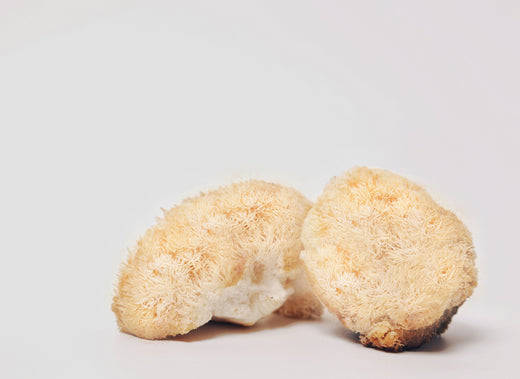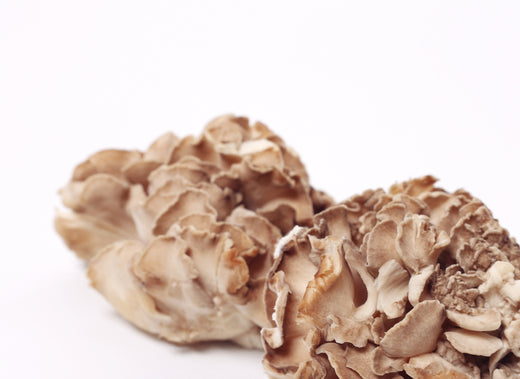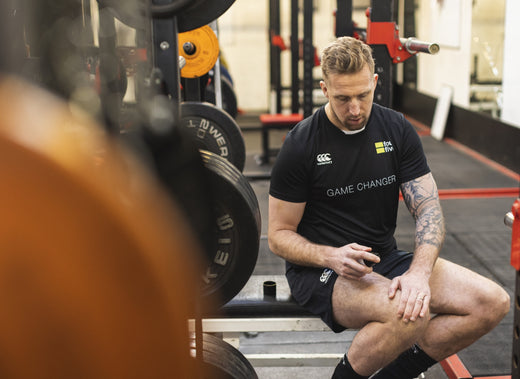It’s not really news to any of us, athlete or no, that performance-enhancing drugs exist, and that they have become an increasing problem across many athletic activities and sports. Coupled with the rise in popularity of athletes adding CBD to their supplement regimes, this begs the question – does CBD show up on a drug test? The short answer is no, under normal circumstances – but there’s a longer answer that’s worth exploring.
Athletes competing at any level of sport can be drug tested at any time, in any place, with no advance notice. This includes after a match or event, during a training session, or even at home. There is no limit to the number of times they can be tested in a year, and can be the make-or-break factor in an athletic career.
What circumstances can lead to CBD users testing positive on a drug test? What happens during a sports drug test, and why is it important?
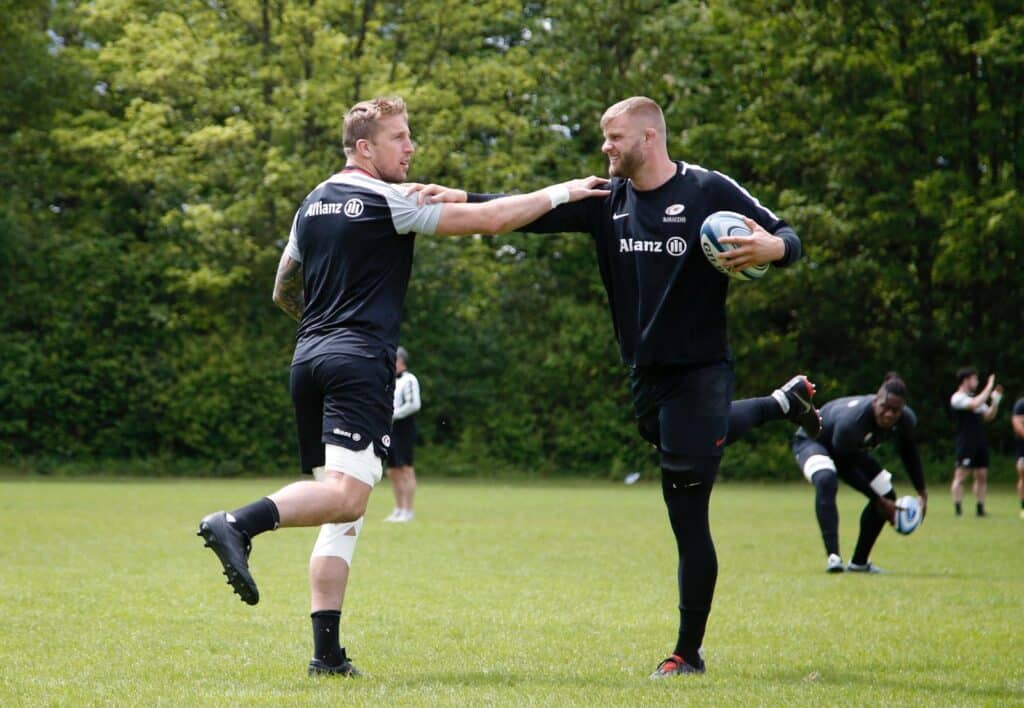
Can CBD Show on a Drug Test?
If you are interested in taking CBD, a known cannabinoid, let us console you — drug tests don’t usually test for CBD specifically. However, because CBD can contain trace amounts of THC or tetrahydrocannabinol, the answer isn’t so cut and dry.
Both CBD and THC technically come from the same plant, cannabis sativa. To separate the different cannabinoids from each other in a way that ensures less than the legal 0.2% THC is the only THC left in extracted CBD, sophisticated techniques are needed. We have taken this one step further with producing a range of products which are certified by BSCG (Banned Substance Control Group) and contain absolutely no THC. Our plus+ range includes, Pro CBD Oil with Vitamin D3, 0% THC CBD Oil, CBD Muscle Rub, and CBD Joint Gel.
Safe extraction and testing methods can be expensive, so more rudimentary and cheaper methods are sometimes used. Because there is no regulatory standard for extraction methods or for advising customers of what methods were used, the risk of THC winding up in CBD products increases.
Because CBD has been shown to only stimulate our own ECS system into functioning more effectively, it does not have the same effects as an ‘enhancement’ drug that adds something extra to our systems in hopes to boost performance.
In 2018, WADA removed CBD from its banned substances list. This means that CBD is not comparable to performance-enhancing drugs like amphetamines, hormones, or illegal drugs. In the UK it is now legal to grow hemp plants, manufacture CBD, and sell CBD-related products – as long as they don’t attempt to make any definitive medical claim about their effects.
But because hemp plants can and do also contain THC, in order for CBD to be considered legal, it must contain no more than 0.2% THC. While CBD isn’t a banned substance, all other cannabinoids are prohibited from sports. Sporting supplements and legal sporting aids are allowed, but athletes must be careful they are not contaminated with a banned substance.
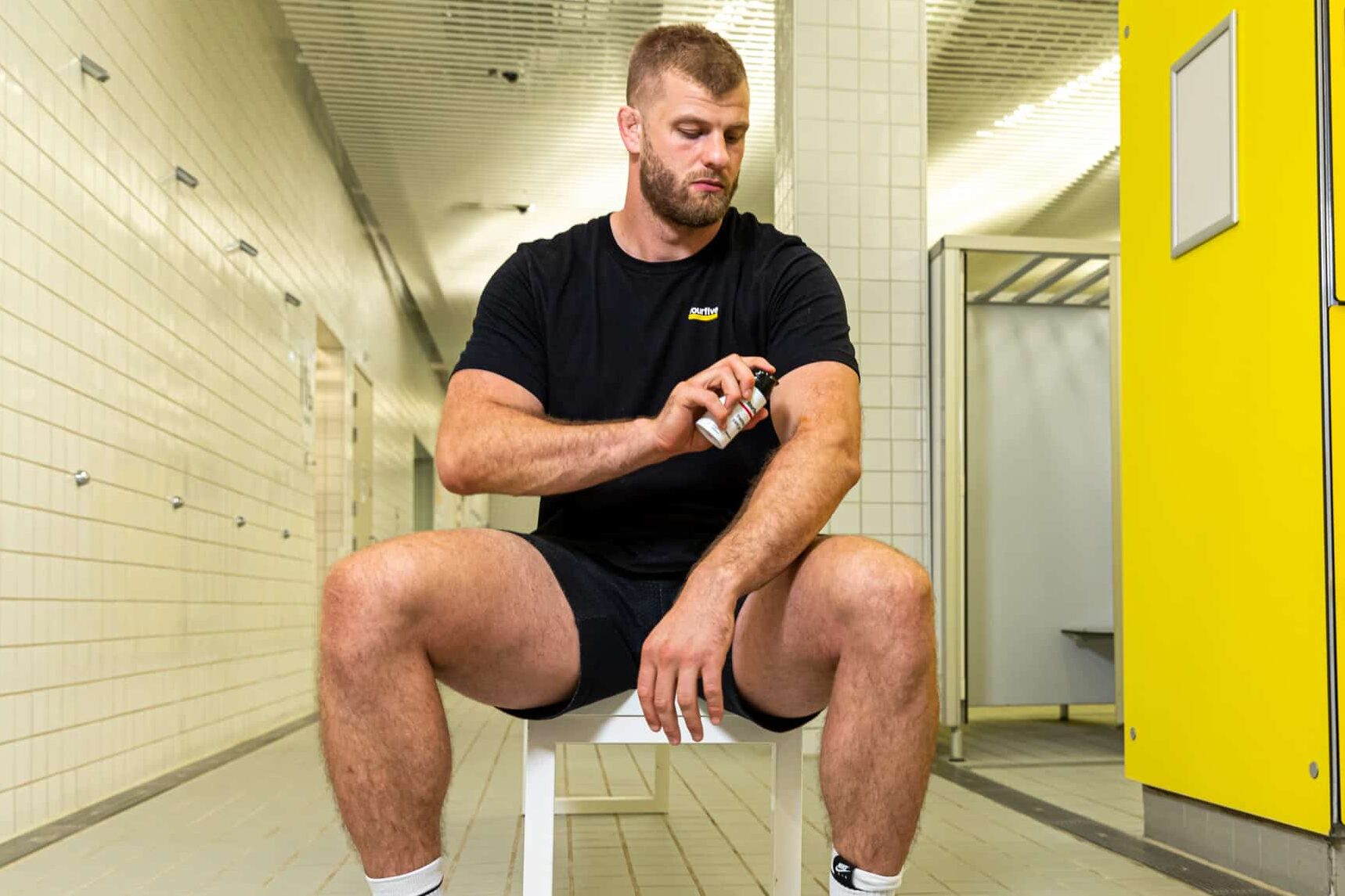
What CBD Products Contain THC?
The next question, then, is what CBD products contain THC? There could be a few answers to this, and some of them aren’t as apparent as they could be. And, the reasons for this are a matter of bad timing – CBD regulations struggling to catch up with CBD legality. This results in CBD being available in many places without the right checks to ensure that these products are everything they say they are. Factors like the following could increase the chances of THC ending up in CBD products:
- Their cultivation sources are unknown
- Their harvesting and extraction methods are questionable
- They do not have third-party lab test reports to verify their purity
- The strain of cannabis is unclear (it could be either marijuana, which is high in THC, or hemp, which is low in THC)
- There is a potential for cross-contamination in the production process
- The CBD product is mislabeled
These murky regulatory factors aside, though, some perfectly legitimate CBD products contain concentrations of THC on purpose.
Full Spectrum, Broad Spectrum, and Isolate CBD
It’s important to understand the difference between the three types of CBD products you could be buying, as some may contain more THC than others:
Full-spectrum CBD extracts
These contain all of the compounds that occur naturally in the plant they were extracted from. These include CBD as well as terpenes, flavonoids, and other cannabinoids – such as THC.
Full-spectrum CBD products are usually extracted from the marijuana plant rather than the hemp plant, and full spectrum CBD derived in this way can have varying amounts of THC present.
However, full-spectrum CBD oil derived from the hemp plant is legally required to contain less than 0.2% THC.
Broad Spectrum CBD Extracts
Broad-spectrum CBD products, then, contain additional compounds as well, including terpenes and other cannabinoids. However, much of the time all or nearly all of the THC is removed. This means that they are overall less likely to contain as much THC as full-spectrum CBD products.
Isolate CBD Extracts
Isolate CBD products only contain CBD and no other compounds. This type of CBD usually comes from the hemp plant, which is lower in THC naturally.
How Can You Avoid THC When Taking CBD?
The most important thing to consider before buying a CBD product is how reputable and trustworthy the brand is. Even though universal regulations are lacking, many CBD companies have made it their dedicated mission to ensure the purity of their products in several different ways.
If a company is confident in their methods, they should have nothing to hide and a wealth of information available for customers. So what can you do?
- Read the product label – what kind of plant does the CBD come from? What kind of CBD does it contain?
- Ask for third-party lab test results – many companies take it upon themselves to independently get their CBD products tested for purity, and these should be easily accessible for customers.
- Look for the source – where is your CBD grown and harvested? Do you have a clear idea of its journey from seed to shelf?
- Know your product types – if you know full-spectrum CBD may contain THC, then choosing a broad-spectrum or isolate product can mitigate the risk of it showing up in drug tests.
- Seek certifications – as mentioned above, there are certifications like the BSCG that ensure products are THC-free and safe for athletes.
Ultimately, while it’s unlikely for CBD itself to show up on a drug test, the risk lies in the trace amounts of THC that may be present. Therefore, staying informed about the type of CBD product you use, its origins, and its lab testing status can help you minimize this risk. Athletes should always be diligent in their choice of supplements to ensure they remain compliant with anti-doping regulations.

